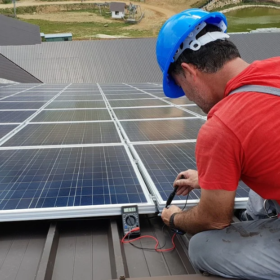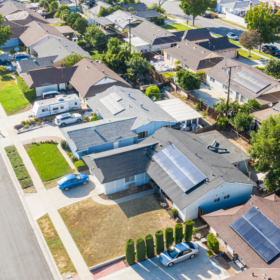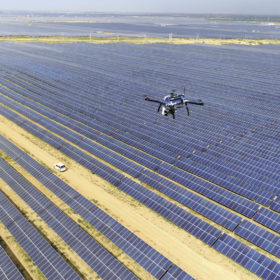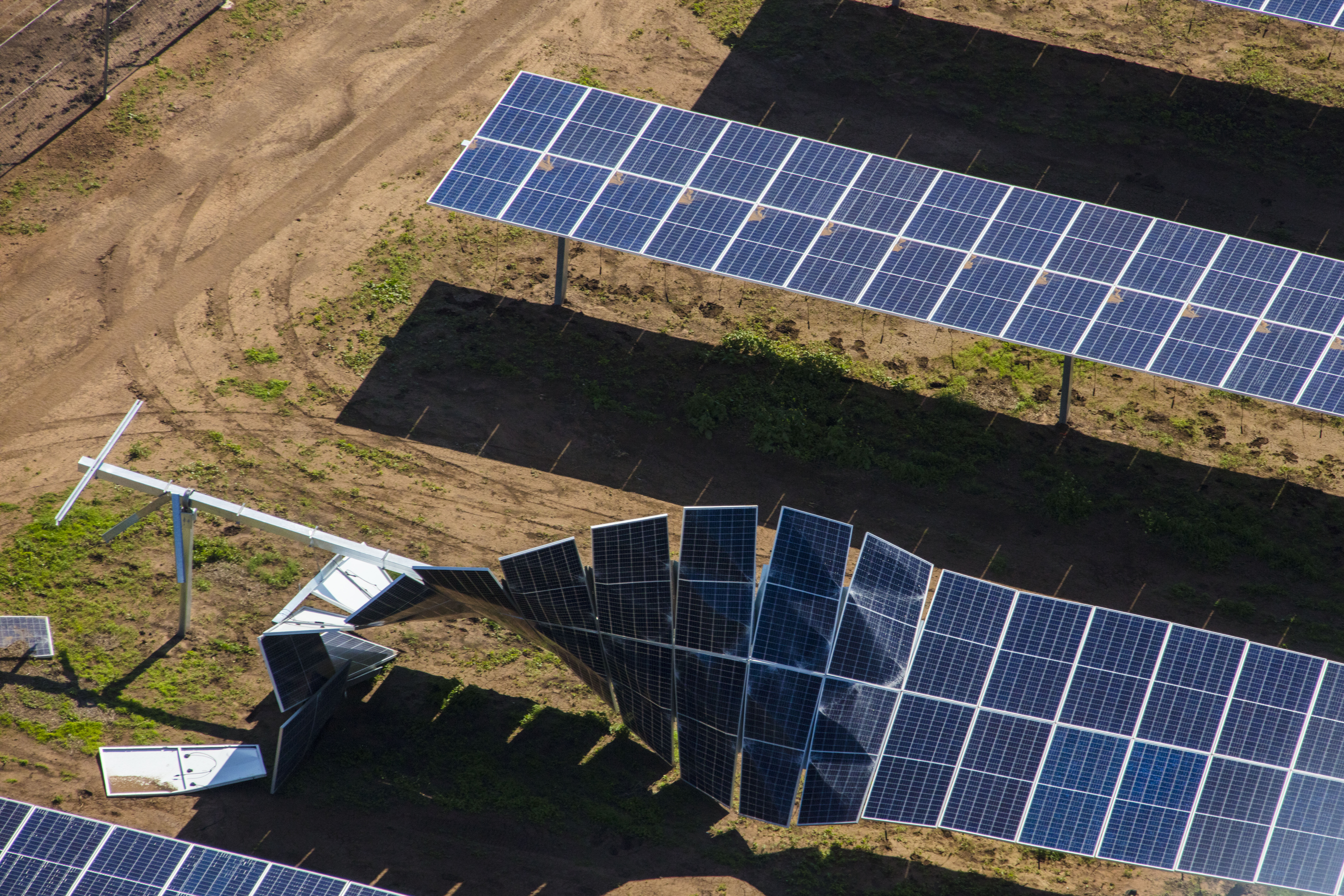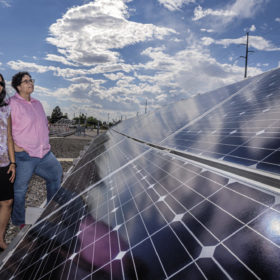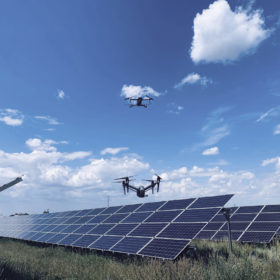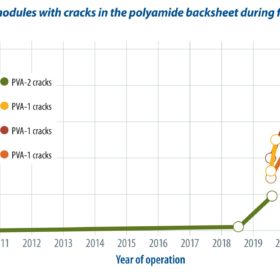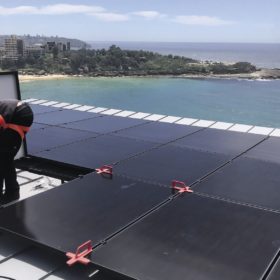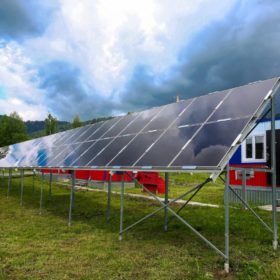Best fire safety practices for rooftop PV system installations
Compiled by an international research group, the best practices were collected from all available guidelines published by national agencies, regulatory bodies, and trade associations.
New year, new rules
This year will see a suite of new rules introduced governing the sale and installation of rooftop solar. While the Clean Energy Regulator’s new rules will apply across the country, Victoria’s state government has also introduced its own set of additional ordinances – among them, a ban on door-to-door sales or cold-calling for solar, electricity and gas companies alike.
Saturday read: Getting smart about solar
As solar PV increases its share in the world’s energy mix, it is becoming increasingly clear how valuable the data gathered from renewable energy generators is in informing important decisions about operation, maintenance and grid integration. Yazeed Al Mousa examines the latest applications for artificial intelligence in PV project development and operation.
Ensuring quality in Australia’s prospering utility-scale segment
Quality assurance and testing of solar farms is vital worldwide, but particularly in Australia where projects tend to be bigger and the climate more severe. Hugo Silva, Global Sales Manager at Enertis Applus+, takes a look at the different stages of testing and why they are an investment that will yield returns.
Sunday read: Forecast and prosper
At the risk of stating the obvious, PV performance will always be inextricably linked to the weather. Cloud cover significantly influences power output and severe weather events – including high winds, heavy snowfall, fire, and hail – can lead to module or structural damage. And with climate change making extreme weather events more common, the value of forecasting and understanding the worst Mother Nature can throw at a solar array is increasing.
Drones and software loop the loop on autonomous, intelligent PV plant monitoring
Mobile test equipment is a must for fault detection and performance monitoring of large-scale PV installations. The Australian PV Institute has contributed to an international review of available aerial and portable ground-based technologies, and how to deploy them for reliable, relatable results.
Sunday read: To replace or repair
Backsheet chalking, especially of polyamide backsheet films, doesn’t take long to lead to cracks and then safety shutdowns. Sometimes, though, the period may be much longer or shorter than expected. Assessing the risk and whether on-site repairs offer a long-term solution is currently a topic of strong debate within the PV industry, as Cornelia Lichner from the pv magazine Deutschland team reports.
Sunday read: Out of landfill, back in the stream
With technological progress, falling costs, and favourable subsidies all incentivising Australian households to replace serviceable modules and upgrade their rooftop array, a stockpile of useable second-hand modules is mounting. But efforts to embrace reuse rather than refuse are taking shape.
Measuring impacts on solar performance, whatever the weather
Scientists in the United States used machine learning to analyse maintenance reports, performance data and weather records from more than 800 solar farms located across the country. The analysis allowed them to determine which weather conditions have the biggest impact on PV generation, and to suggest the most effective ways to boost the resilience of PV installations to extreme weather events.
Sunday read: the effects of defects
Mónica LiraCantú leads a research group investigating nanostructured materials for photovoltaic energy at the Catalan Institute of Nanoscience and Nanotechnology (ICN2). Recently, her group led a project that looked deep into the crystalline structure of a perovskite solar cell, revealing new information about the formation of defects in the material and how they could be engineered to improve both efficiency and stability. pv magazine caught up with the Barcelona-based scientist to discuss the state of the art in perovskite solar cells and remaining challenges on the road to commercialisation.
